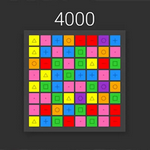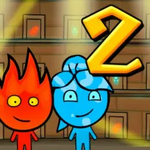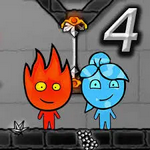
rock paper scissors Unblocked
## Rock, Paper, Scissors: A Simple Game with Enduring Appeal
Rock, Paper, Scissors (RPS), a seemingly trivial hand game, holds a surprising depth and enduring popularity across cultures and generations. Its simplicity belies a rich history and a surprisingly complex strategic layer, making it a perfect example of how even the most basic games can offer engaging gameplay and intellectual stimulation.
A Global Phenomenon:
While its precise origins remain shrouded in mystery, variations of RPS have been found across numerous cultures and time periods. From ancient China to modern-day boardrooms, the game transcends linguistic and geographical boundaries. Its ease of learning and accessibility make it instantly playable, regardless of age or background. This universality contributes significantly to its continued relevance.
The Mechanics of the Game:
The core mechanics are elegantly simple. Two players simultaneously choose one of three hand gestures:
* Rock: A closed fist.
* Paper: A flat hand.
* Scissors: Two fingers extended to form a V-shape.
The rules are equally straightforward:
* Rock crushes Scissors.
* Scissors cuts Paper.
* Paper covers Rock.
A tie occurs if both players choose the same gesture. The winner is typically decided by the best of three or five rounds, fostering a sense of competition and escalating stakes.
Beyond Chance: Strategy in RPS:
Despite its seemingly random nature, RPS is not purely a game of chance. Experienced players understand the importance of:
* Pattern Recognition: Observing an opponent's choices can reveal tendencies and predictable patterns, allowing for strategic counterplay.
* Randomness: The key to outsmarting someone who is trying to predict your moves is to play randomly, thereby negating their attempts at pattern recognition.
* Psychological Warfare: The subtle cues and reactions of an opponent can offer insights into their next move. A seasoned player can use this information to their advantage.
Applications Beyond Recreation:
The simplicity and defined rules of RPS have led to its surprising use in various contexts:
* Conflict Resolution: Used to settle minor disagreements, RPS provides a fair and quick method for decision-making.
* Computer Science: RPS algorithms are used to demonstrate concepts in artificial intelligence and game theory.
* Entertainment: Its inherent drama and unpredictability have made it a feature in movies, television shows, and video games.
Conclusion:
Rock, Paper, Scissors might seem like a children's game, but its enduring popularity speaks to its clever design. The seemingly simple rules mask a surprising level of strategic depth, making it a captivating game for all ages and a testament to the power of sim





































